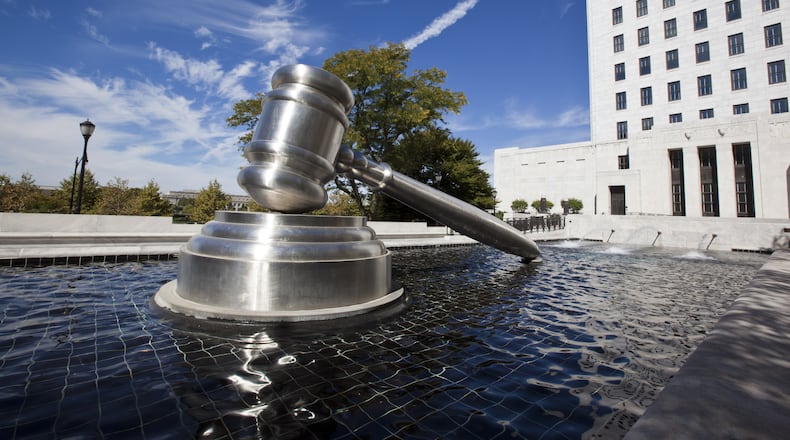The case was filed after Republican lawmakers used a joint resolution to call for a special election on Aug. 8th to vote on the Legislature’s own proposed constitutional amendment. The move came just months after state lawmakers passed House Bill 458, which eliminated August special elections statewide except in cases of fiscal emergency.
The court’s four Republican justices found the power granted to the Ohio General Assembly by the Ohio Constitution to propose amendments and put it toward voters “at either a special or a general election as the General Assembly may prescribe” overrides any laws passed in the Ohio Revised Code.
The “may prescribe” verbiage in Article XVII, Section 1 of the Constitution was a point of refraction for the court’s full bench. While Republican justices viewed “prescribe” as the authority for the Legislature to mandate special elections for constitutional amendments at any point, Democrat justices viewed it as the General Assembly’s ability to choose between general or special elections that had already been set.
Through that interpretation, the court’s majority argued that the “Ohio Constitution authorizes the General Assembly to call for a special election on a constitutional amendment proposed by a joint resolution and to specify the date of the special election in that joint resolution, subject only to the limitations contained in the constitutional provision itself.”
Democratic justices argued that the Legislature already had “prescribed” when the constitutional amendment proposal would go to the ballot through HB458, which does not provide Legislature-initiated amendments as a reason to bring forth an August special.
In his dissent, Justice Michael Donnelly wrote that the majority opinion doesn’t take the adequate steps to address what “prescribed” means, in context.
“The pertinent question the lead opinion is supposed to answer is whether a rule about special elections that the General Assembly prescribed in a joint resolution can prevail over the rules about special elections that it already prescribed in a state law,” Donnelly wrote.
Dennis Willard, spokesperson for One Person One Vote, said his organization denounces the ruling. “Today’s ruling is disappointing, but the choice before voters remains the same no matter when we vote: Preserve majority rule in Ohio, or dismantle it,” Willard wrote in a news release.
Issue 1′s Yes campaign, Protect Our Constitution, wrote a release that questioned the original basis for the court case. “The Court rightly saw through this frivolous challenge and we look forward to Ohioans voting to protect our constitution in August,” wrote campaign spokesperson Spencer Gross.
Voters hoping to participate in the Aug. 8th election on Issue 1 need to be registered by July 10. Early voting begins July 11.
About the Author

